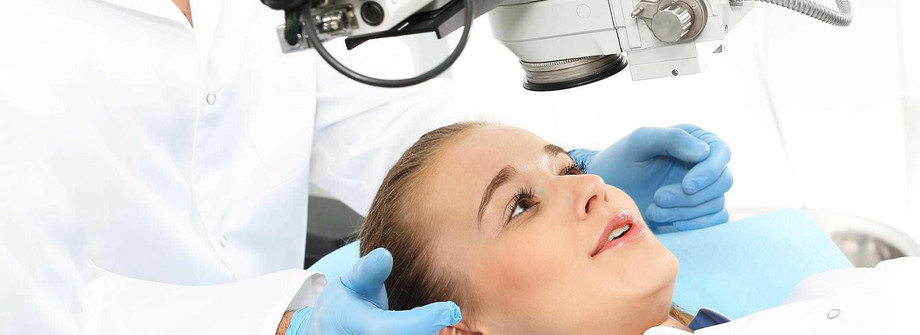The field of eye care encompasses a dedicated team of specialists who play a pivotal role in preserving and enhancing vision. From optometrists to ophthalmologists and sub-specialists, these professionals bring expertise, compassion, and advanced techniques to address various eye conditions. Let's explore the diverse roles and contributions of these specialists in safeguarding eye health and vision.
Optometrists:
Optometrists are primary eye care providers specializing in vision care, refractive errors, and detecting common eye conditions. They perform comprehensive eye exams, prescribe glasses or contact lenses, and provide essential services like vision screenings, assessing visual acuity, and managing conditions such as myopia, hyperopia, and astigmatism.
Ophthalmologists:
Ophthalmologists are medical doctors specializing in eye care, equipped to diagnose and treat a wide array of eye conditions. They conduct detailed eye examinations, diagnose diseases, prescribe medications, perform surgeries, and provide comprehensive care for conditions like cataracts, glaucoma, diabetic retinopathy, macular degeneration, and more.
Sub-Specialists in Ophthalmology:
Within ophthalmology, there are sub-specialties focusing on specific areas of eye care:
Retina Specialists: These experts specialize in treating conditions affecting the retina, such as macular degeneration, diabetic retinopathy, retinal detachment, and vascular diseases.
Glaucoma Specialists: They focus on diagnosing and managing glaucoma, a condition characterized by increased intraocular pressure (IOP) damaging the optic nerve.
Cornea Specialists: Dealing with corneal diseases and conditions like keratoconus, corneal dystrophies, and corneal transplants.
Pediatric Ophthalmologists: Specializing in children's eye care, managing conditions like amblyopia (lazy eye), strabismus (misaligned eyes), and refractive errors in pediatric patients.
Oculoplastic Surgeons: Experts in reconstructive and cosmetic surgeries around the eyes, addressing issues like eyelid disorders, orbital tumors, and facial aesthetics.
Advanced Diagnostic Techniques:
Eye care specialists employ cutting-edge diagnostic tools and technologies to assess eye health and diagnose conditions accurately. From optical coherence tomography (OCT) for retina imaging to visual field testing, tonometry for measuring IOP, and digital imaging for comprehensive eye evaluations, these tools aid in precise diagnosis and treatment planning.
Medical and Surgical Interventions:
Depending on the diagnosis, eye care specialists offer various treatment modalities:
Medications: Prescribing topical or oral medications to manage conditions like infections, inflammations, and glaucoma.
Surgical Procedures: Conducting surgeries like cataract extraction, corneal transplants, refractive surgeries, retinal detachment repair, and more, aimed at preserving or restoring vision.
Laser Treatments: Utilizing laser technology for procedures like LASIK, PRK, retinal photocoagulation, and selective laser trabeculoplasty (SLT) for glaucoma management.
Patient Education and Preventive Care:
Eye care specialists prioritize patient education, emphasizing the importance of regular eye exams, lifestyle modifications, and preventive measures for maintaining good eye health. They educate patients about proper eye hygiene, the impact of diet and habits on eye health, and the significance of protective eyewear.
Collaborative Care and Research:
Eye care specialists often collaborate with other healthcare professionals to manage systemic conditions affecting the eyes, such as diabetes and hypertension. Additionally, they engage in research to explore innovative treatments, advance diagnostic technologies, and improve patient outcomes in the field of eye care.
For More Info:-
best eye doctor in jefferson valley
best eye care services in jefferson valley
hudson eye care center in jefferson valley
customized cataract surgery in jefferson valley





Comments